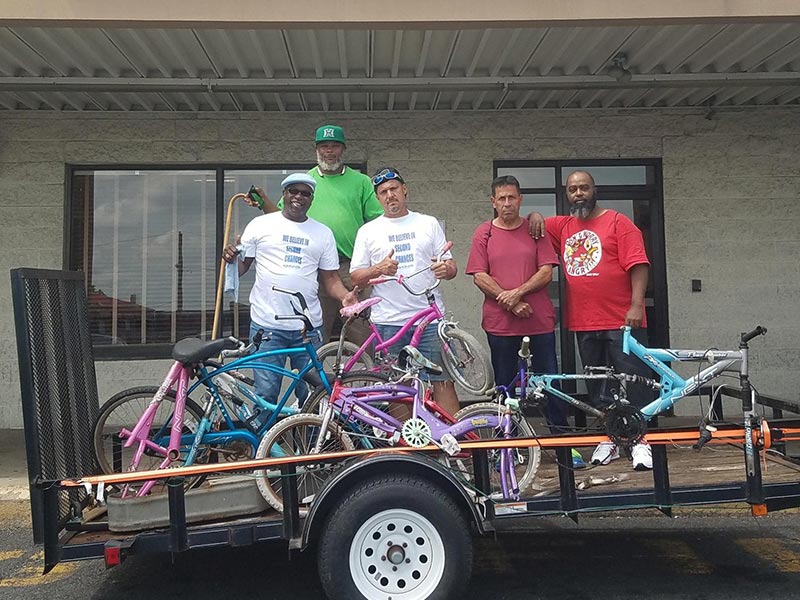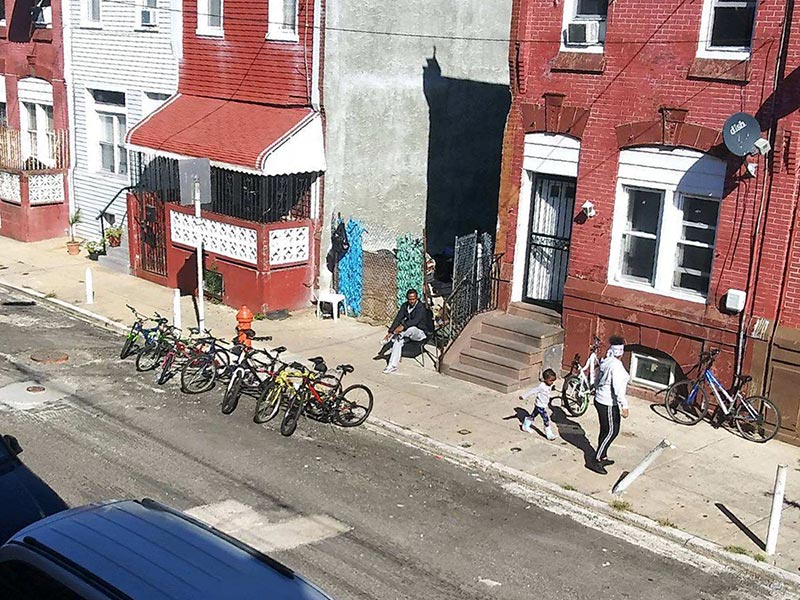Several participants at GEO Reentry’s Erie Outpatient Reentry Service Center in Philadelphia recently came together to rebuild bicycles for neighborhood children, demonstrating the benefits gained from the program.
Several reentrants (participants at the reentry program) collaborated on the project, with one participant gathering used parts while others bought and assembled them, creating new working bicycles.
“We are so grateful to see the wonderful example being set by these participants,” said John Hogan, Area Manager for Pennsylvania GEO Reentry Services Non-Residential. “Their selfless actions demonstrate the benefits of reentry programs and our participants’ commitment to their communities.”
One of the services offered at the RSC is Moral Reconation Therapy, a cognitive behavioral therapy strategy designed to enhance self-image, promote growth of a positive and productive identity and facilitate the development of higher stages of moral reasoning. The bicycle project allowed participants to put “helping others,” step six in the program, and “commitment to change,” step nine, into practice.
“This is an awesome project. It’s very rewarding to see individuals embrace change by incorporating the MRT programming we provide, and having a sincere desire to help the children of the community,” said Annette Garcia, Program Director at Erie Outpatient. “It is an ongoing project that the men in the group committed to doing, as long as they could find broken pieces and make them whole again.”
Participant Edward G. collected old and rusted bike parts, finding a number of them abandoned under bridges and at trash sites. After he brought the pieces to the RSC, he and other reentrants would reconstruct the bikes. Ernest J. bought new tires, paint, chains and other parts to help improve the old ones.
When completed, the participants lined the bikes on the street, allowing any child in the neighborhood to take one at no charge.
“It is worth noting that none of the participants did this for recognition,” Director Garcia said. “It was a project they came up with on their own, by a desire to demonstrate how Step Six and Nine from the MRT programming had influenced them.”


